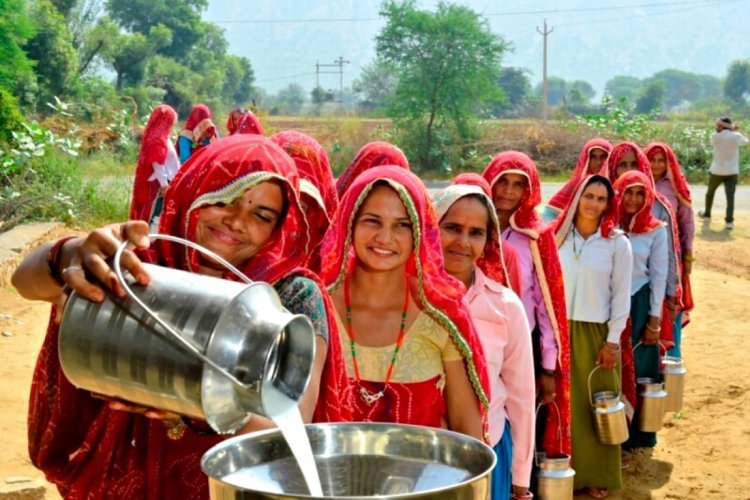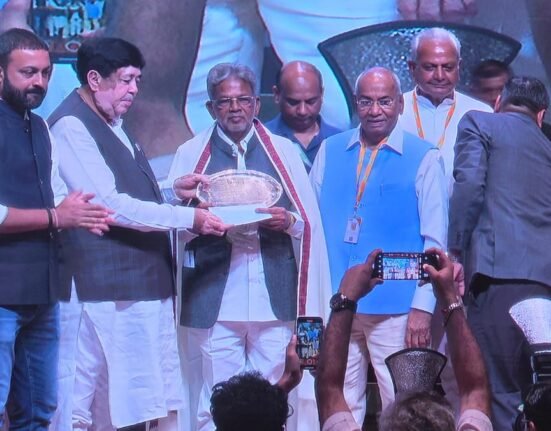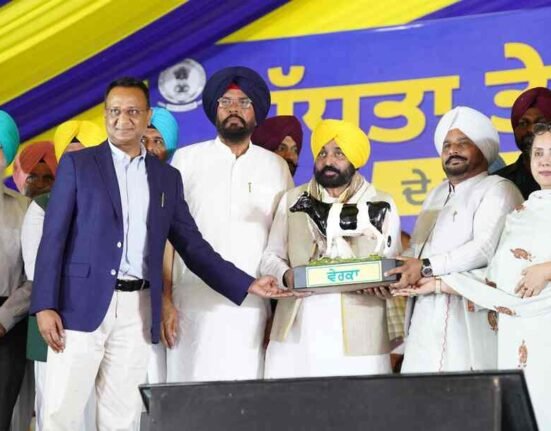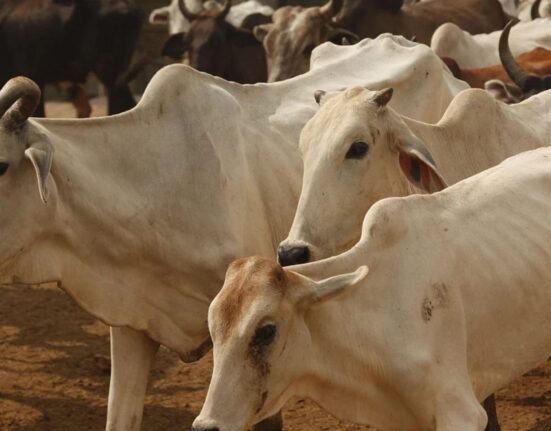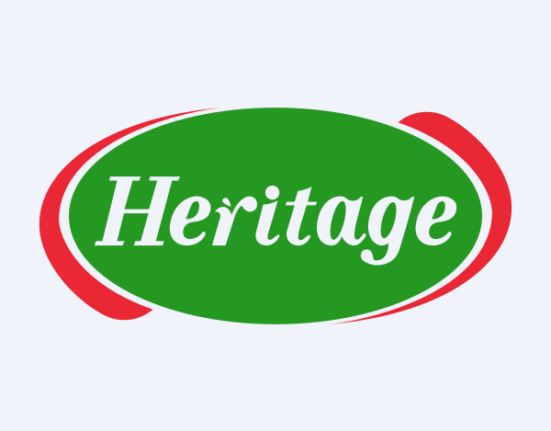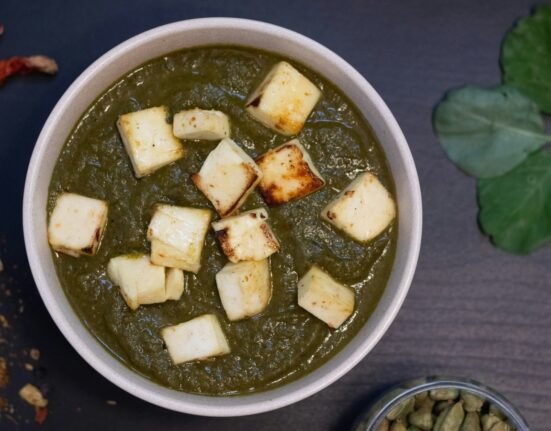The women of Chamoli district in Uttarakhand are redefining the narrative of rural livelihoods through the successful integration of dairy farming into the local economy. Under the aegis of the National Rural Livelihood Mission (NRLM), the initiative has empowered women from economically weaker sections to achieve financial independence, strengthen community networks, and build sustainable income sources.
Implemented in alignment with the Central government’s vision for inclusive development, NRLM’s model of Self-Help Groups (SHGs) has become a transformative tool for women in the Dasholi development block. Eight village councils have come together to form the Hariyali Swayatt Sahkarita Devar-Khadora, a cooperative established through NRLM support.
Their primary focus on dairy farming has emerged as a reliable and profitable venture. Each morning, members collect milk from nearby villages and supply it to a dairy unit set up under the Uttarakhand government’s Gramothan Project. This systematic approach has ensured consistent income flows while enhancing productivity and community participation.
Suman, one of the beneficiaries, reflects on the socio-economic shift: “Before joining the self-help group, we had very limited income opportunities and were dependent on others. Now, we contribute actively to our family’s earnings; it’s empowering.”
Similarly, Mamta, another member, highlights the scale of impact: “Our dairy earns over ₹2 lakh per month, shared among members after expenses. We never imagined achieving this level of income in our villages. The training from NRLM has been a game-changer.”
The initiative extends beyond income generation. Regular training programmes in bookkeeping, dairy management, and financial planning have enhanced managerial efficiency and entrepreneurial skills among women. These interventions have also encouraged savings, improved decision-making capacities, and fostered unity within the community.
The model’s success has had a multiplier effect, inspiring women from neighbouring villages to replicate the approach in sectors such as poultry, vegetable cultivation, and handicrafts.
From a developmental perspective, the Chamoli dairy initiative represents a microcosm of inclusive rural transformation linking local resources, gender empowerment, and sustainable livelihoods. By institutionalising collective enterprise and capacity building, NRLM’s intervention is not only reshaping economic outcomes but also redefining the social fabric of rural Uttarakhand.

